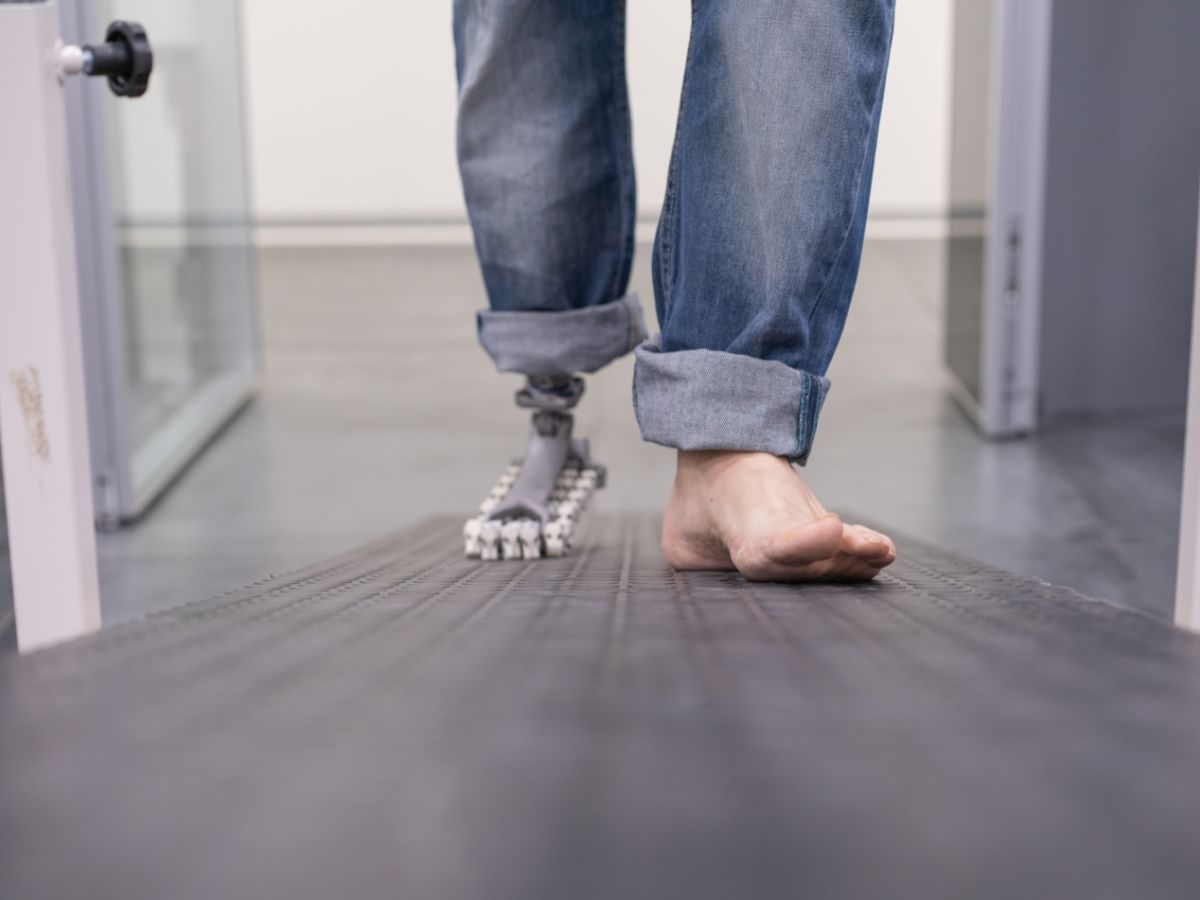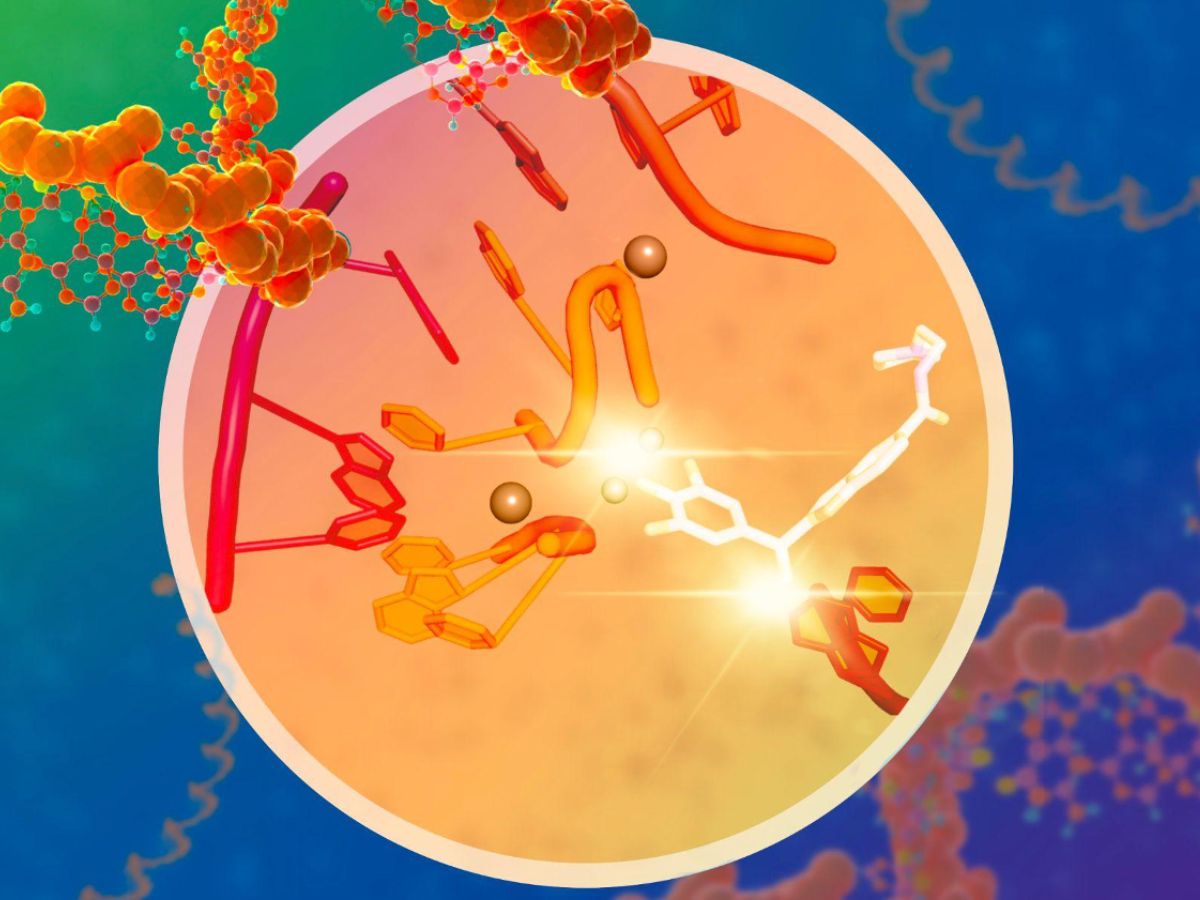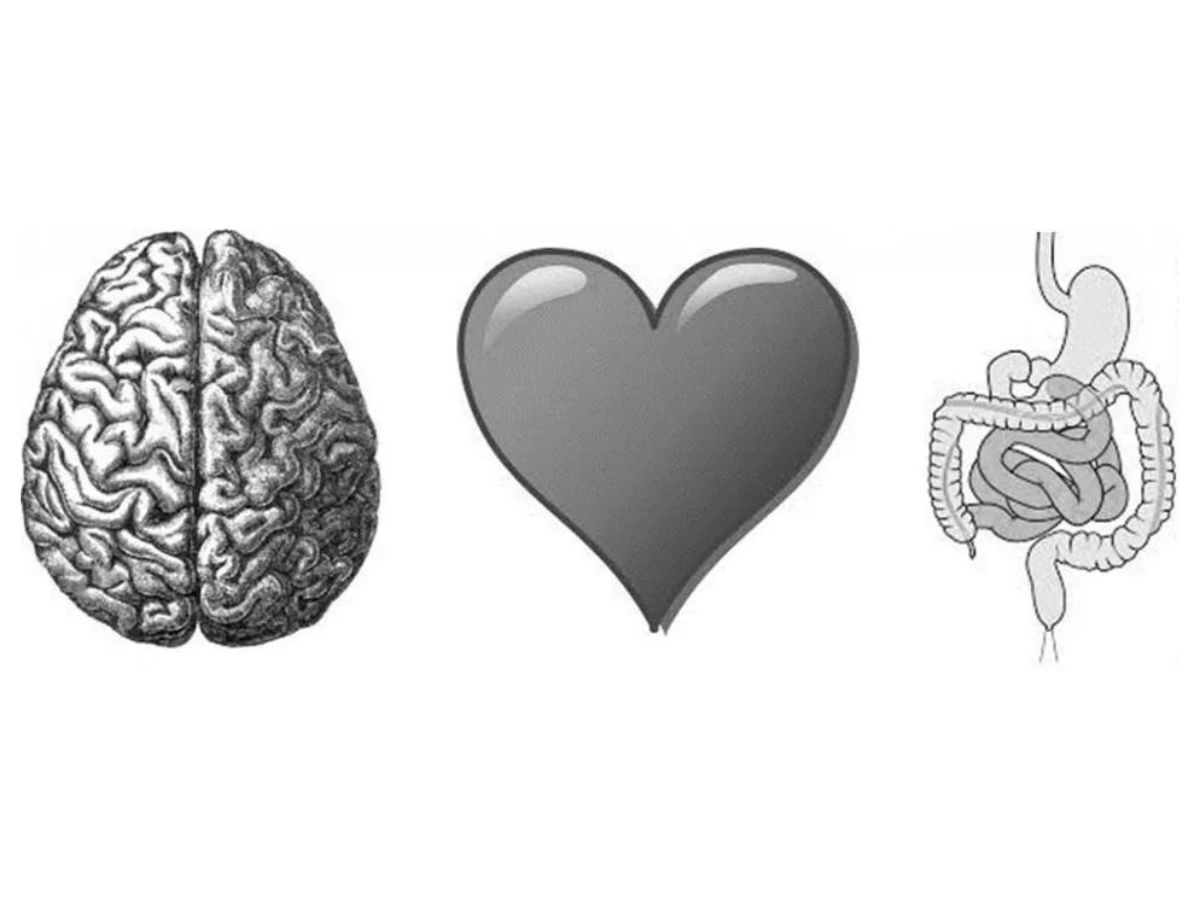The EU-funded project IV-Lab, coordinated by the Istituto Italiano di Tecnologia, has received more than 4 million euros from the European Innovation Council (EIC). The device will empower physicians to deliver timely and personalized treatment
The EU-funded project IV-Lab, coordinated by the Istituto Italiano di Tecnologia (IIT-Italian Institute of Technology), has officially commenced. This project aims to develop a multi-sensing device that can be implanted into blood vessels, such as peripheral veins or arteries, to monitor various body parameters and the overall health status of individuals. Once implanted in patients with cardiovascular diseases, the microsensor system will establish a versatile platform capable of detecting both hemodynamic and biochemical parameters.
The IV-Lab (acronym for “In-vessel implantable smart sensing device for personalised medicine”) project has received more than 4 million euros from the European Innovation Council (EIC) under the Horizon Europe program for research and innovation. It is coordinated by Virgilio Mattoli, researcher at IIT in Pisa and involves different IIT’s groups: the Soft Micro-Electronic Materials Group in the Center for Materials Interfaces (CMI), located in Pontedera, Printed and Molecular Electronics group in Milan and the Electronic Design Laboratory in Genoa.
The miniaturized sensing device under development aims to provide continuous monitoring of various parameters related to blood vessel health and patient well-being. Indeed, unlike existing sensors, in the literature or in the market, the new device will integrate multiple sensors within a compact platform measuring just 1-2 cm in length and 2-4 mm in diameter. This integration, facilitated by advanced fabrication techniques, represents one of the most innovative aspects of the project.
These techniques enable two key processes: first, the fabrication of sensors at the microscale, and second, their transfer, assembly, and connection onto the supporting frame. The sensors will be designed to measure blood pressure, vessel deformation, oximetry, haematocrit, and detect specific cardiovascular biomarkers. The primary objective, aligning with the project’s long-term vision, is to provide physicians with crucial information remotely for rapid and early intervention against heart failures in patients. The implanted system will be connected to and powered by an external data collection and communication system, either through standardized wireless technology or simply via a smartphone for asynchronous on-demand monitoring. The platform’s extremely small size should facilitate future implantation via simple catheterization on a peripheral vein.
To ensure the technology’s future applicability, a significant portion of the project focuses on evaluating the developed prototype’s performance through specific lab tests, with careful consideration given to biocompatibility assessments and other medical aspects.
“The device – explains Virgilio Mattoli, IIT researcher and IV-LAB coordinator – will find important applications in the field of cardiovascular disease, in particular in those patients in which the detection of hemodynamic behavior and specific biomarkers could reduce the rehospitalization and mortality, such as heart failure or coronary restenosis after stent implantation”.
In the future, the system holds the potential to monitor disease progression and outcomes, empowering physicians to deliver timely and personalized treatment. According to the researchers’ vision, the implanted micro-sensor system would be fully integrated into cloud networks, enabling the tracking and analysis of multiple sensor signals by Artificial Intelligence software. This would alert clinicians to abnormal values, facilitating the implementation of concrete prevention protocols for various other diseases.
In addition to IIT, the IV-Lab consortium comprises the National Research Council – CNR (Italy), Trinity College Dublin (Ireland), the Institute for Bioengineering of Catalonia – IBEC (Spain), and the University of Stuttgart – USTUTT (Germany).
The project website: https://iv-lab.eu/





